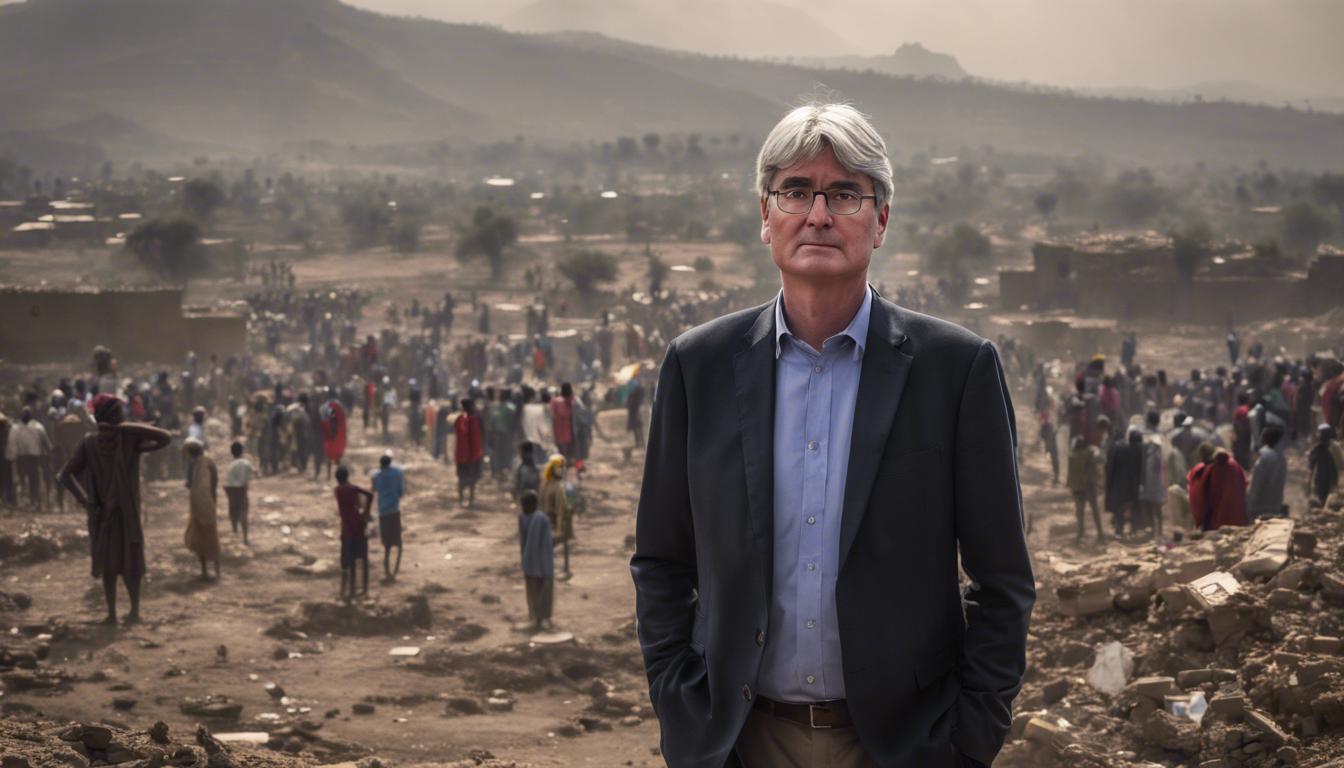Andrew Mitchell, the British Minister for Development and Africa, highlights the urgent need for international cooperation to address humanitarian issues in Ethiopia and Sudan, with the UK government actively participating through financial aid and sanctions.
Andrew Mitchell, the British Minister for Development and Africa, has urged global cooperation to tackle a severe hunger crisis in Ethiopia, where over 15 million people require urgent humanitarian aid. Mitchell made this appeal following his visit to the Tigray region, where he witnessed widespread malnutrition. The UK has allocated £100 million to Ethiopia to help mitigate acute malnutrition issues and the environmental impacts of war and climate change.
In a related move, the British government has sanctioned three companies for their alleged role in financing conflict activities in Sudan, where a year-long conflict has precipitated a humanitarian disaster. This includes widespread displacement, acute food insecurity, and a crippled health system affecting 25 million people. The sanctioned firms include Alkhaleej Bank, Al-Fakher Advanced Works, and Red Rock Mining, which are accused of supporting military actions and human rights abuses.
Simultaneously, a crisis summit in Paris focused on raising significant aid for Sudan, spotlighting the desperate need for $1 billion to combat the effects of the conflict, including potential famine and the displacement of nearly 11 million people. The ongoing violence in Sudan, exacerbated by a power struggle among local leaders with regional implications, continues to necessitate significant international humanitarian intervention.
These efforts are paralleled by the WHO’s call for urgent international support to address disease outbreaks and the collapse of healthcare services in regions affected by the Sudanese conflict. Priority needs include ensuring humanitarian access, respecting international laws, and enhancing donor support to prevent the crisis from worsening.













